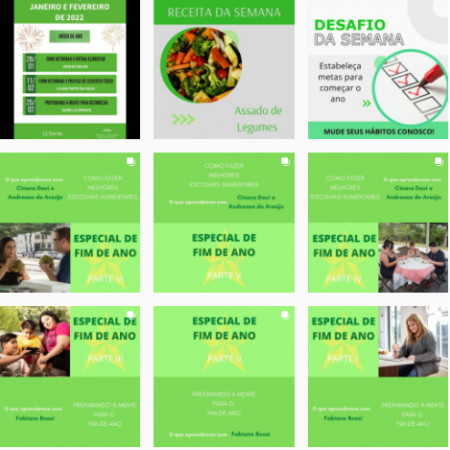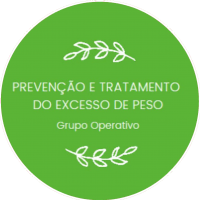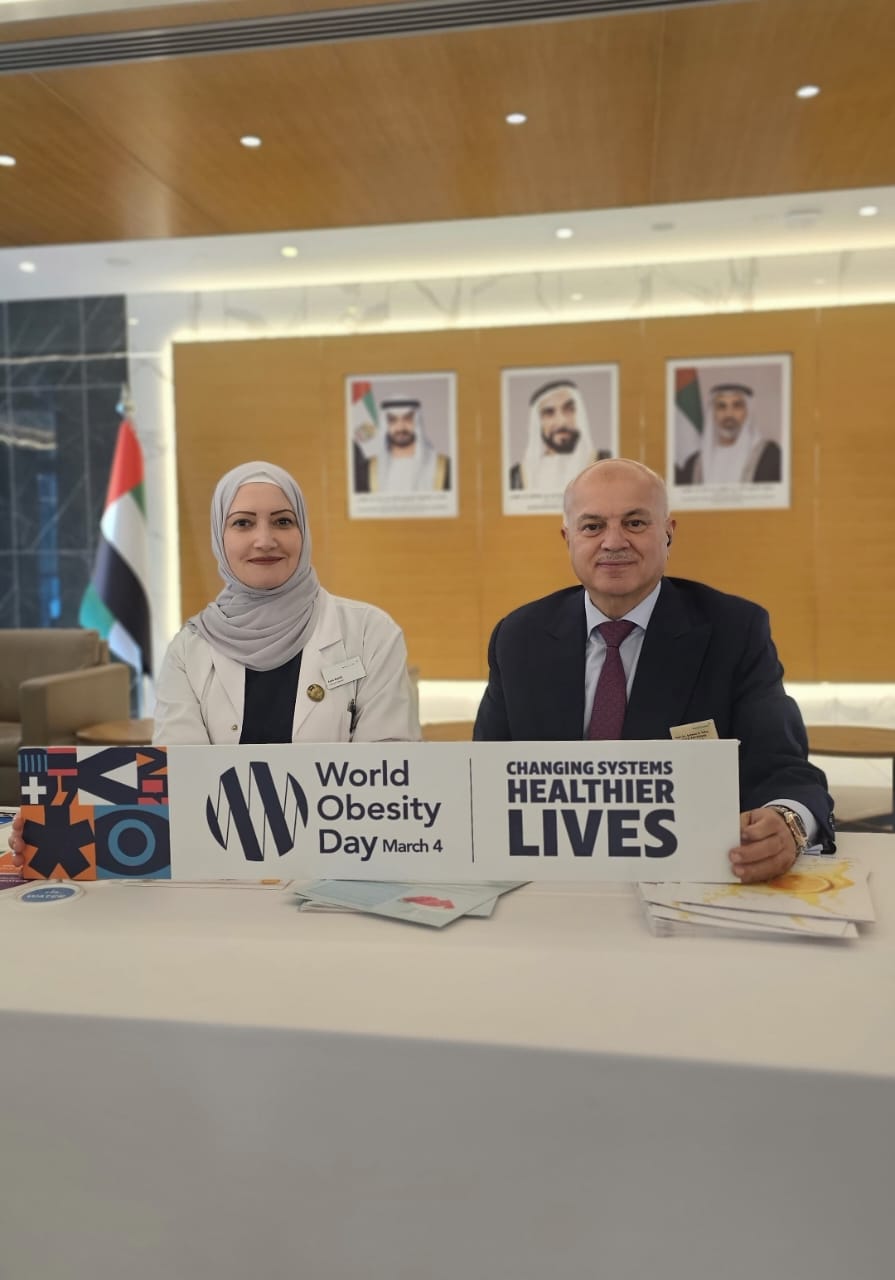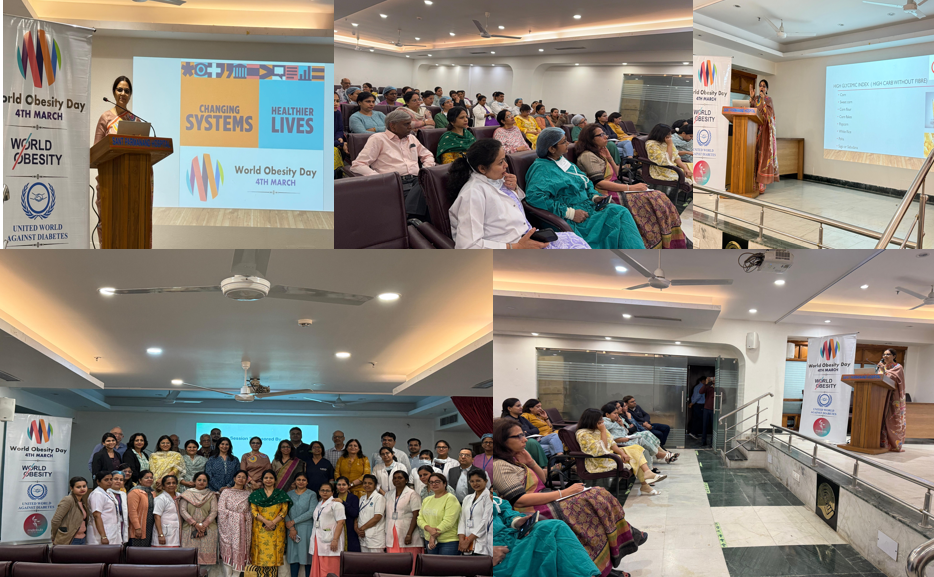Stories

Preventing and treating overweight in Brazil
My childhood and adolescence were marked by obesity... and also by all the stigma it carries. Today I have controlled my obesity. Changes in habits, quality of life and weight were only possible through the process of health education and the demystification of so many myths about weight and overweight. That's why I strongly believe in what we have done through a project here in Brazil – and I believe that it could be extended to different regions of the world.
At the Federal University of Juiz de Fora (UFJF), there is a project called ‘Preventing and treating overweight’, coordinated by PhD endocrinology professor Danielle Guedes, of which I have been part of since 2020. It was created a few years ago with the aim of working more closely with patients seen at the Obesity and Metabolic Syndrome outpatient clinic in University Hospital (UH). Since the Covid-19 pandemic, we have restructured our work to virtual formats including:
- Multidisciplinary meetings on Google Meet every 15 days. We have already had endocrinologists and psychiatrists, nutritionists, physical educators, psychologists, physiotherapists, journalists, fashion and social service professionals participate.
- A WhatsApp group to maintain direct contact with patients. This lets us answer questions and send the meeting links and materials produced.
- Our Instagram profile (@abordagemdoexcessodepeso) where we share our meetings (any interested person can attend); the challenges of the week (goals to accomplish, such as eating more than three fruits a day or increasing the number of steps we take); and recipes for healthy dishes.
Our goal in 2022 is to maintain these health education activities with the project, encouraging healthier lifestyle habits based on scientific evidence, but with accessible language. The project allows direct contact with professionals in medicine, nutrition, psychology, and physical education, who are often professors at the University. Both the lectures and the moments to ask questions and exchange life experiences are important to the lives of those who are present at the meetings.
Furthermore, in the virtual environment, we are able to universalize our meetings, reaching people from more distant places who couldn’t be present if the meetings were in person. An example is my own family members who follow the project back in my hometown.
There are challenges along this path and we’re learning lessons. Not all people can watch the live events, so it's good to record the meeting. People may also not know how to access or use the platform, so it’s valid to provide this technical assistance for everyone's benefit. In addition, we must always schedule the topics of the meetings and confirm the guests with adequate time – a few months in advance. Asking patients what subjects they would like to learn and staggering the themes with times of the year, such as the end of the year festivities, are always good options.
To finish, we also intend to move on to the second edition of the Lifestyle Journey (also on Instagram at @jornadadoestilodevida), an event for the entire population. Our goal is to have a national reach this year. It is a pleasure to share the project and to know that it can bring benefits to the community.
By Gabriel Chamon
in collaboration with






